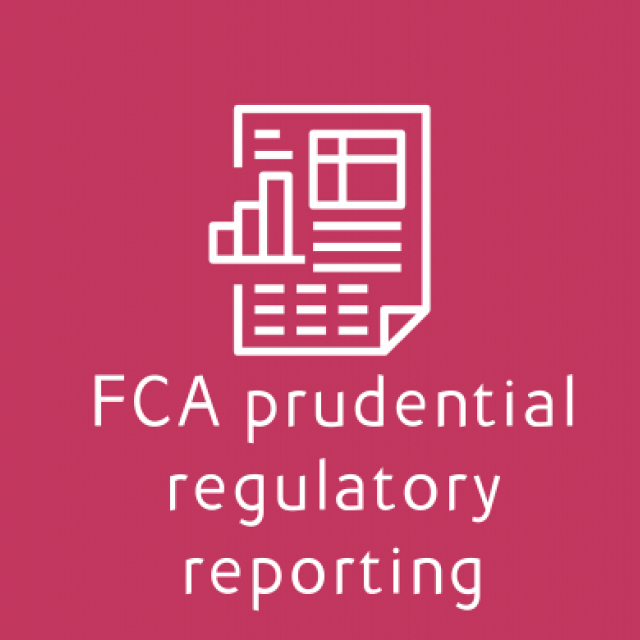.png)


News – 16.04.25
Buzzacott advises Karnell Group AB (publ) on the acquisition of Warwick SASCo Ltd
Find out how Buzzacott advises Karnell Group AB (publ) on the acquisition of Warwick SASCo Ltd … Read more
Insight – 01.05.25
Transaction readiness – preparing for an exit starts years before sale
One of the key things that impacts transaction outcomes is the preparedness of a business ahead of exit. … Read more
Upcoming event – 14.05.25
Webinar: The new Form PF amendments - June 2025
Book for our Form PF webinar … Read more
Find us quickly
130 Wood Street, London, EC2V 6DL
enquiries@buzzacott.co.uk T +44 (0)20 7556 1200

.png)
UK tax resident and domiciled individual investors with interests in an Offshore Fund will be taxed under income tax rules at rates of up to 45% when they dispose of their investment, crystallising an ‘Offshore Income Gain’. Such investors are only able to benefit from preferential capital gains tax rates of up to 20% when they redeem, if the class of interest for which they subscribed has been certified as a reporting fund throughout the duration of their investment.
In order to comply with the regime, once a share class or series has successfully applied to HMRC for certification and obtained RFS, annually within six months of the year end of the fund, a reportable income calculation (net of relevant expenses) is required to be computed, with reports being made available to both investors and HMRC. To the extent any ‘Excess Reportable Income’ arises, investors are required to pay tax on their share. Often there is nil Excess Reportable Income due to allowable expenses (e.g. management fees) that offset against income of the fund.
Obtaining RFS and remaining compliant with the regime is particularly advantageous for funds with investment strategies that generate significant capital returns.
Previous changes to the non-dom regime introduced the ‘deemed UK domicile’ status under the current tax legislation. However, in the Spring budget earlier this year, the chancellor announced the abolition of the non-dom regime altogether, from April 2025.
This shift will mean that UK tax-resident individual investors will no longer be able to benefit from the UK’s remittance basis of taxation. Historically, such classes of investors in an Offshore Fund would have been less concerned with crystallising an Offshore Income Gain, as they would not have remitted sums to the UK.
Obtaining RFS and remaining compliant with the regime, will be particularly attractive for deemed UK-doms to enable them to access lower rates of capital gains tax.
Unfortunately there have been very few details published since the spring budget, and with the upcoming UK General Election, there could be further changes on the horizon.
Other investors who may benefit from the regime include funds of funds with RFS in their own right and UK companies.
UK tax resident and domiciled individual investors with interests in an Offshore Fund will be taxed under income tax rules at rates of up to 45% when they dispose of their investment, crystallising an ‘Offshore Income Gain’. Such investors are only able to benefit from preferential capital gains tax rates of up to 20% when they redeem, if the class of interest for which they subscribed has been certified as a reporting fund throughout the duration of their investment.
In order to comply with the regime, once a share class or series has successfully applied to HMRC for certification and obtained RFS, annually within six months of the year end of the fund, a reportable income calculation (net of relevant expenses) is required to be computed, with reports being made available to both investors and HMRC. To the extent any ‘Excess Reportable Income’ arises, investors are required to pay tax on their share. Often there is nil Excess Reportable Income due to allowable expenses (e.g. management fees) that offset against income of the fund.
Obtaining RFS and remaining compliant with the regime is particularly advantageous for funds with investment strategies that generate significant capital returns.
Previous changes to the non-dom regime introduced the ‘deemed UK domicile’ status under the current tax legislation. However, in the Spring budget earlier this year, the chancellor announced the abolition of the non-dom regime altogether, from April 2025.
This shift will mean that UK tax-resident individual investors will no longer be able to benefit from the UK’s remittance basis of taxation. Historically, such classes of investors in an Offshore Fund would have been less concerned with crystallising an Offshore Income Gain, as they would not have remitted sums to the UK.
Obtaining RFS and remaining compliant with the regime, will be particularly attractive for deemed UK-doms to enable them to access lower rates of capital gains tax.
Unfortunately there have been very few details published since the spring budget, and with the upcoming UK General Election, there could be further changes on the horizon.
Other investors who may benefit from the regime include funds of funds with RFS in their own right and UK companies.
For funds with a year end of 31 December 2023, the “soft” reporting deadline to both investors and HMRC is 30 June 2024 – six months from the end of the reporting period. While there are no ramifications for a further four months, as long as you meet the annual compliance requirements by 31 October 2024, that would mitigate a minor breach arising. If you need assistance with your reporting requirements, please contact us as soon as possible via the form below.
Please also speak to us about applying for RFS. We would be delighted to assist you with a staged process.
For professional tax advice tailored to your unique circumstances, please fill out the form below and one of our experts will be in touch to discuss your requirements and how we can help.
We use necessary cookies to make our site work. We’d also like to set optional analytics and marketing cookies. We won't set these cookies unless you choose to turn these cookies on. Using this tool will also set a cookie on your device to remember your preferences.
For more information about the cookies we use, see our Cookies page.
Please be aware:
— If you delete all your cookies you will have to update your preferences with us again.
— If you use a different device or browser you will have to tell us your preferences again.
Necessary cookies help make a website usable by enabling basic functions like page navigation and access to secure areas of the website. The website cannot function properly without these cookies.
Analytics cookies help us to understand how visitors interact with our website by collecting and reporting information anonymously.
Marketing cookies are used to track visitors across websites. The intention is to display ads that are relevant and engaging for the individual user and thereby more valuable for publishers and third party advertisers.




.jpeg)

